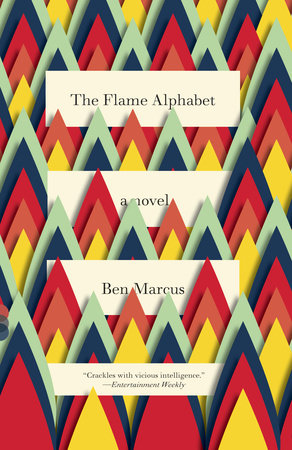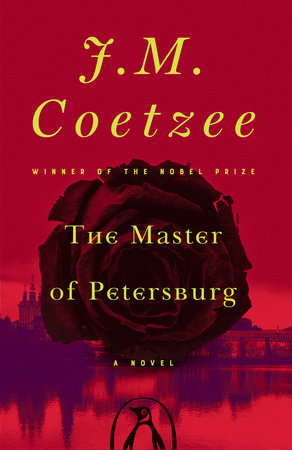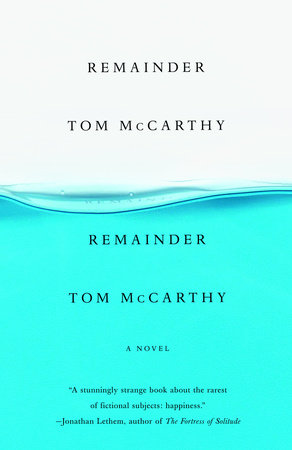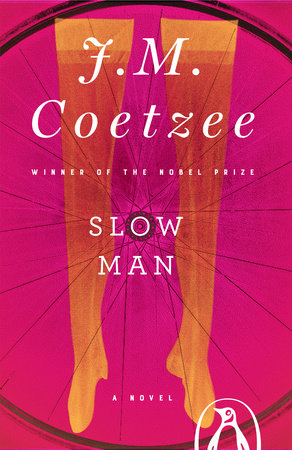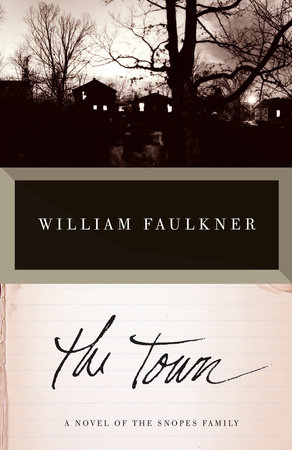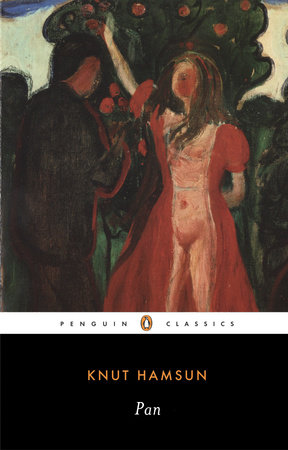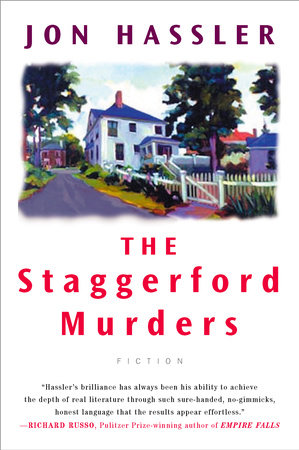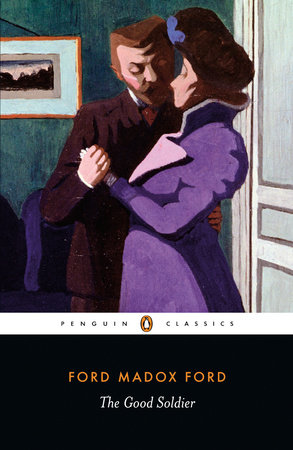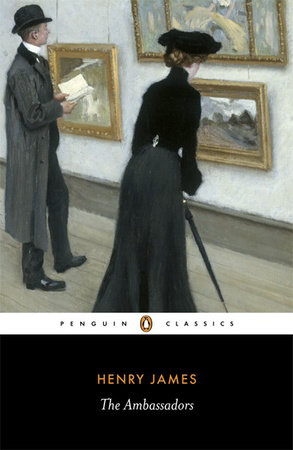A conversation with Ben Marcus, author of THE FLAME ALPHABET
Q) THE FLAME ALPHABET opens with Samuel and his wife Claire preparing to evacuate amid a frightening epidemic: the speech of children has become lethal. They’re leaving Esther, their 14-year-old daughter, to save themselves. How did this story first come to you, what sparked it?
A) I wanted to write a book that begins with trouble. There’s trouble at home, there’s trouble in the world, and each crowds in on the other. This trouble had to be something that fascinated me, something I could connect to in the most personal way, because to me this makes the writing more urgent. When I thought of what I could never give up, what would kill me to lose, it was my family, my kids. After that, it was language. I was so unable to imagine my life without language that I became obsessed with trying to tell a story about a world where language is poisonous, where speech kills, where words are sickening. And when I tried to factor children into it, it seemed that if they were immune to this poison they would become intensely powerful. Children could use language as a weapon, even against those they love. So these ideas started to swirl around, and they worried me, and they upset me, and I couldn’t stop thinking about them, which meant I had to try to write a novel to see what would happen.
Q) Against a background of apocalyptic fallout, a focal point of THE FLAME ALPHABET remains the family: Samuel and Claire’s marriage, the experience of raising a teenager, of being a teenager. Why did you decide to focus on the private life of one family in all the chaos?
A) To me The Flame Alphabet isn’t so much the story of a crisis in the world as it is the story of how individual people try to love each other through impossible odds.
A family protects you from the world, but it also heightens your vulnerability. Nobody knows you as well as the people in your family, and to be known is to be found out, which for some people can be unbearable. Loving a child can be unbearable because in some ways the love can’t really be requited, but also because as parents we’ve seen bad stuff happen and we can begin to imagine the nightmare of something befalling our kids. So families induct us into a world of the most intense joy and happiness, but also, unfortunately, heartbreak and pain. The family might be the greatest stage for the most dramatic stories. Fathers and daughters, husbands and wives, love and resentment, loyalty and betrayal. It’s a petri dish for tragedy.
Q) A major theme of THE FLAME ALPHABET is, of course, language. Its power, limitations, proliferation, all taken to the extreme. What were you trying to explore about the way we communicate? And were there any complications or surprises in writing a book in which language itself is a killer?
A) I was thinking of sticks and stones. We know what they do. But names, language, words, supposedly can never hurt us. Which of course is not true. Esther, in The Flame Alphabet, even before the speech fever hits, has a terrible power over her parents. Even though she’s a teenager and she’s dependent on them—needs them for food and safety—she has words, and since Sam and Claire love her so much, she has the ability to hurt them with what she says. Inside the boundary of a family, language is tremendously powerful, and sometimes scary.
In the myth of the Tower of Babel, God is threatened by the language of people, how it unites them, so he scrambles their speech, keeps them from understanding each other. Language is dangerous because it can make us think we understand how the world works—we use words to explain the world to ourselves, but it all might be an illusion. In the Jewish tradition of Kabbalah there’s the notion that we can never understand the world, which is God’s creation—God is, by definition, inconceivable. If we find ourselves explaining things, then we’re already wrong. Language can’t touch the truth. Explanation itself is immodest, arrogant. The truth is unspoken, it cannot be written down. It’s not even thought. Language erects a false reality, fools us. So, then, it’s not so much of a stretch, in a novel, to think of language as even more ruinous, literally toxic, and to wonder about the cataclysm that might come if we abuse the weapon of language.
One of the challenges in writing a novel about this was that suddenly no one could talk to each other. My characters were going to be walled off from each other, there’d be no dialogue. I thought a lot about that—what do you do when every body is mute? I hope my solutions—which I shouldn’t reveal here, because that would be a spoiler!—were interesting.
Q) A strange, enigmatic (and imagined) sect of Judaism plays a large role in the life of the family and in the larger plot of the book. Can you talk a bit about this sect you created, why it plays such a large role, and how your own Jewish heritage informed your imagining?
A) As a writer I have always wanted to invent a religion. I think of religions as works of the imagination, which isn’t to belittle them. We invent religion out of our deep desire for meaning, to feel that our existence matters, that we have a purpose. It’s one of civilization’s greatest imaginative acts—to posit where we came from, how we got here, and what we’re supposed to do now. I see it as a novelistic task: a religion must be compelling, it must be believable. It must be otherworldly and yet still pose as the truth. It has characters, it has stories. The Flame Alphabet, with its interest in the mythic power of language, was already driven by religious questions, so it seemed natural to invent a religion for Sam and Claire. But I quickly determined that it would seem silly to make something up, with a made-up name. Or, not silly, but unreal, and therefore of little consequence. No one would believe it. I wanted the invented religion to seem like it was one that might already be out there, so I needed to use an existing religion that could accommodate sects, offshoots, cults. A religion that has a flexible enough philosophy that would allow for something like the forest worship invented in the book. And that was Judaism.
Of course as I got into it, and found my characters going to a hidden synagogue in the woods, where the Rabbi’s sermon was pumped in by a strange radio that needed to be tended with grease, well, I grew uncomfortable. Religions have lots of metaphors of how word comes down from on-high, and in The Flame Alphabet, Sam and Claire are anxious that their radio won’t work, that they won’t be able to hear the Rabbi, or that the Rabbi’s message itself will possibly have been tampered with. This stuff made me uneasy, which is something I look for when I write: a situation I can’t quite understand, that seems strange, and yet that I can’t stop thinking about. It turns out that I was very interested in the dark mechanics of how a message from a purported God can make it safely down to the people below. We know that messages erode as they are transmitted, and this turns out to be something that matters a lot in the novel.
I was brought up Jewish, but in the informal way that probably defines a lot of people from my generation. Religious faith wasn’t presented to me as a requirement, something I had to have. My parents were liberal—my mother was raised in an Irish Catholic family, and my father was raised in a Jewish one. My Jewish identity was more cultural than anything else: I found it in the writers I read. Malamud and Bellow and Roth were important to me, but their depictions of Judaism were much more explicit than anything I experienced in my life. I had a sense of religion being far more private than communal. And I always thought of Judaism as a religion that had no real reputation for recruitment, no desire to convert non-believers. So while I have always responded to writers who deal with the Jewish experience in their work, I had yet to figure out how I might do that, in a way that made sense to me as a writer. The Flame Alphabet is maybe the beginning of this process for me. In the book, religion is strange, unknowable, slippery, and it even might be dangerous. Or, of course, it might be the illusionary creation of someone who means you harm. It can connect you as much as it isolates you. It can be a repository for your fears, while also inflaming them.
Q) What is the flame alphabet?
It sounds made up, but it’s an existing concept in Judaism. The flame alphabet is a way to refer to the Torah: the word of God, written in fire. When I first read about it I was amazed. The idea of a language too blinding to look at, something too intense to understand. Hebrew letters are all richly symbolic. The alphabet is seen as a system for knowledge, a powerful and dangerous one. It’s a set of building blocks for unlocking the secrets to the world. It’s still true, even if it’s easy to forget this now. We use this system to make all of our wisdom. I also should say that, in the book, I’ve taken some liberties with the idea of the flame alphabet. As frequently happens with religions, it is subject to grave misinterpretations, manipulations. Schemers get a hold of it and bend the meaning to their own interests. So, along with inventing a religion, I also wanted to show how people abuse their own religions and manipulate other people by stoking their fear. And I decided on the title because it was suggestive of a language that would hurt us to consume. We’d be blinded if we saw it. We’d be ruined. An alphabet of fire seems hazardous, and this propelled the book for me.
Q) The form of THE FLAME ALPHABET is quite different from your previous work, like Notable American Women, The Father Costume, and The Age of Wire and String. There is a single narrative voice that takes us through the story. Had you been itching to try the classic novel form or did the style grow out of the kind of story you were telling?
A) My earlier books had multiple narrators, multiple timelines, multiple, uh, personalities, and so I did think a lot about a simpler approach to the storytelling, to see what would happen. I hadn’t tried this before and I wanted to do something new. I wanted the book to move very quickly, to have a lot of suspense and momentum. It seemed to suit the story. There’s dark stuff in this book, a lot of sorrow, and a lot of strangeness. A high velocity narrative seemed like a good way to carry everything, to keep readers interested.
Q) Do you think about genre when you write? Is it all fiction or do you consider your work to veer into the science fiction realm? Or other?
A) I don’t think too much about genre when I write. The boundaries always seem to shift, don’t they, and so many writers I love seem to gleefully surf from genre to genre, sampling the riches from all kinds of literature. I love those writers who bend reality a little bit, but who somehow also seem to occupy their own category, a genre unto themselves: Borges, Calvino, Donald Barthelme. And there are writers working now who seem too slippery to pin down, because (to me, anyway), they love many kinds and styles of writing, among them, Kazuo Ishiguro, George Saunders, Aimee Bender, Michael Chabon, Lydia Davis. In these writers you can find traditional, hurtling narrative, deep strangeness, achingly tender story-telling, and, above all, a clear love of language. I could name many more. Sometimes I try to just forget about genres and simply read what seems exciting, what seems vital and alive.
Q) You teach writing at Columbia University in New York City. How has your writing changed or been informed by your teaching, if at all?
A) A great thing about teaching is that I can be surrounded by committed writers and readers, people who believe in stories and literature and the power of language. It’s a great work place, because as different as the students might be from each other, they all believe in the possibility for fiction to move and compel us, to be entertaining, and when I see students striving to write things that matter I am moved by it. The question of how my own writing has been changed by teaching is a good one, and I’m not sure I know how to answer it. I’ve been teaching for over twenty years, with only short breaks along the way, so I’d have to imagine an alternative universe in order to guess how I would have written if I hadn’t taught. But I will say that I’ve always thrived on keeping some feelings and ideas and hunches to myself, so I can be alone with a private world. I try to keep my own writing sheltered from my work as a teacher. I get nervous about talking things through too much. A danger in teaching is that sometimes you’re pressed to be knowing about things that can’t really be known or explained. I love uncertainty and what it does for my interest in writing. It’s such a motivator. But it’s hard to cling to in the classroom. For me, some things have to remain unknown in order for me to stay curious about them, to see them as potentially worth writing about.
Q) What are you working on now?
A) I am finishing a collection of short stories, which will be published in 2013. The stories have come out in The New Yorker, Harper’s, Tin House, McSweeney’s, and some other places. Once I turn that in I want to start a new novel, but I don’t yet know what that will be. I want to find something new that I can’t stop thinking about.
